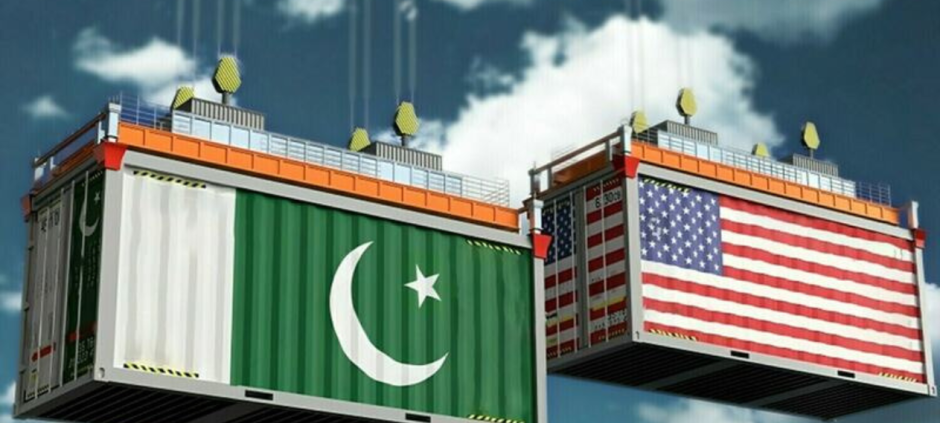Pakistan and the United States have reached a key understanding on a new tariff framework just before a critical deadline. The agreement will help Pakistan avoid a steep 29% tariff on major exports such as textiles and agricultural products.
A formal announcement is expected soon after the US wraps up similar talks with other trade partners. The Pakistani delegation held four days of talks in Washington and is scheduled to return by Friday. The agreement was finalized just ahead of the July 9 deadline, after which the suspended tariffs were set to resume.
This breakthrough deal includes a long-term tariff arrangement between both nations. It also outlines possible US investments in key Pakistani sectors such as mining, energy, and infrastructure. High-level discussions also focused on the Reko Diq copper and gold project and the supporting energy network.
According to officials, the deal will likely increase Pakistan’s imports of American goods, especially crude oil. It is also expected to strengthen cooperation with the US Export-Import Bank. These developments could open new trade and investment opportunities for both countries.
Despite earlier signs of flexibility from US Treasury Secretary Scott Bessent, Pakistan remained firm in seeking a quick resolution. Pakistani negotiators aimed to offer clarity to local exporters and investors amid growing uncertainty.
This new understanding could help restore confidence in bilateral trade relations, which were strained by previous US tariff policies introduced during the Trump era. The deal also ensures that Pakistan maintains its current market access and avoids potential losses from renewed trade restrictions.
Trade experts believe the outcome is a positive step toward improving Pakistan-US economic ties. The agreement not only averts immediate trade challenges but also sets the stage for future cooperation in key industries.
The new tariff agreement between Pakistan and the US comes as a relief for exporters, especially amid rising concerns over trade barriers. In the US, Tariffs Make Life Hard for Small Businesses in the U.S., highlighting the broader impact such policies can have on economies and local enterprises.











